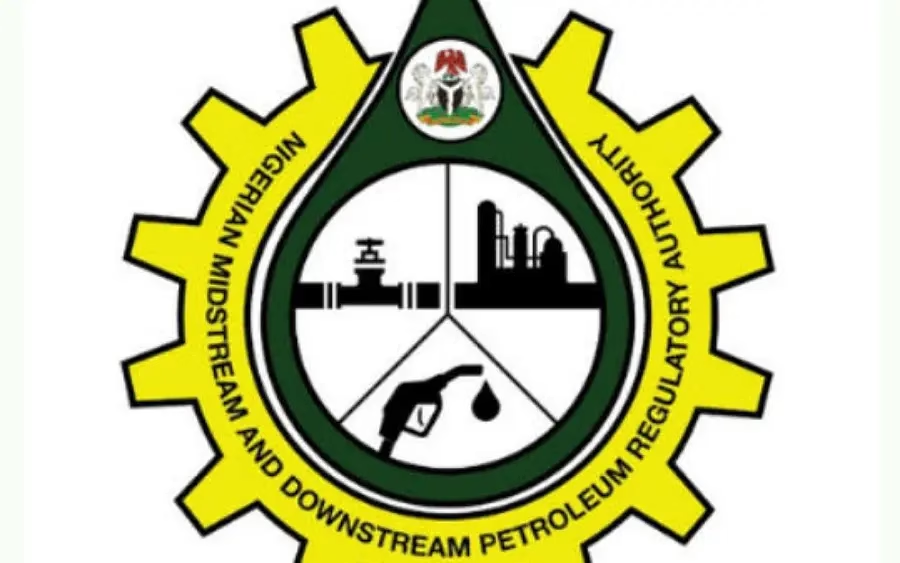The Nigerian Midstream and Downstream Petroleum Regulatory Authority (NMDPRA) has conducted a public hearing in Abia State to discuss a proposal for the construction and operation of a major gas pipeline. The project, submitted by Kwale Pipeline Limited, aims to connect Delta, Imo, Abia, and Akwa Ibom States.
The proposed pipeline projects include a 24-inch by 249 km gas pipeline from the Kwale Gas Processing Plant in Delta State to the SPFL Gas and Petrochemicals Free Zone in Akwa Ibom State. Additionally, the company is seeking licenses for a 34-inch by 150 km gas pipeline from the Uguali facility in Imo State to the same location in Akwa Ibom State, as well as a 10-inch by 249 km gas pipeline from the Kwale Gas Processing Plant to the SPFL Gas and Petrochemicals Free Zone.
The public hearing, held in Umuahia, brought together community leaders, security agencies, government officials, and company representatives to discuss the project’s potential impact. Okorugo Aji, Special Assistant to Governor Alex Otti on Lands, stated that the initiative would promote economic development in Abia State. Representatives of Kwale Pipeline Limited, Mrs. Nwobodo Oluchi and Mr. Anthony Asuka, assured that local communities would benefit from surveillance contracts, employment, and compensation in accordance with Nigerian laws.
According to Eze Ordu, a representative of NMDPRA, the project could lead to the establishment of a gas substation in Ukwa, potentially creating hundreds of jobs for local youth. Traditional leaders, including Eze Jackson Ibe and Eze Tony Nwagbara, commended Governor Alex Otti for his achievements and urged for accelerated development of Ukwa land through its rich petrogas resources.
The proposed gas pipeline project has significant implications for the region’s economic growth and energy infrastructure. The NMDPRA’s public hearing provides an opportunity for stakeholders to engage in the decision-making process and ensure that the project is implemented in a responsible and sustainable manner. As the project moves forward, it is expected to generate employment opportunities, stimulate local economic activity, and contribute to the development of Nigeria’s petroleum sector.
